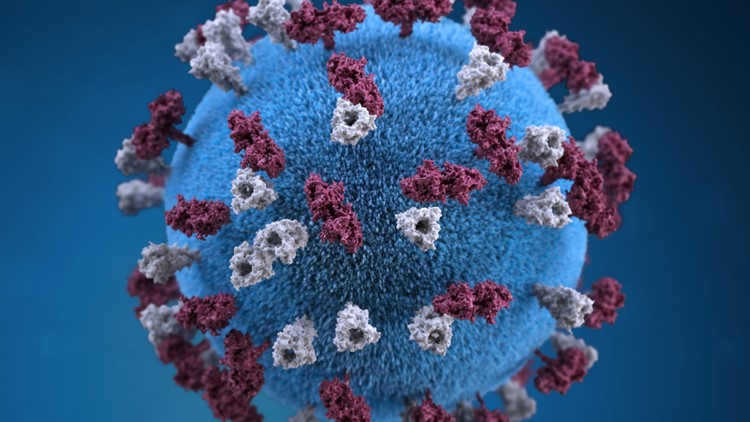DENVER — An adolescent who arrived in Colorado earlier this month has tested positive for measles, the Colorado Department of Public Health and Environment said.
The health department said the last confirmed case of measles in a Colorado resident was in January 2019. The last time someone in Colorado tested positive for measles was in December 2019, when three out-of-state visitors tested positive for the disease.
The health department said the person had visited several countries. They arrived in Colorado at Denver International Airport on Dec. 13, the health department said. On Dec. 18, they went to the emergency department at Children's Hospital Colorado. The child has been in isolation since Dec. 18, the health department said. The health department said it's unclear if they are vaccinated.
Public health workers are notifying people who may have been directly exposed, the health department said.
Public health officials said brief interactions are less likely to lead to infection, but people who were in the following places should be cautious and monitor for symptoms:
- Denver International Airport between 4:30 and 8 p.m. Dec. 13. Possible exposure to people who were moving through Concourse A, bridge security, baggage claim and passenger pickup area.
- Children’s Hospital Colorado’s Emergency Department at the Anschutz Medical Campus between 8:30 and 11 a.m. Dec. 18. The hospital is notifying health care providers, patients, and others who were in a similar area as the measles patient.
For people who haven’t had the measles, mumps, rubella (MMR) vaccine, measles is a highly contagious and serious infection. The MMR vaccine given within 72 hours after exposure (but before symptoms are present) can prevent infection.
The Centers for Disease Control and Prevention recommends children receive a first dose of MMR vaccine at 12 to 15 months old and a second dose at 4 to 6 years old. People who receive the MMR vaccination according to this schedule are usually considered protected for life against measles.
Measles can cause complications such as seizures, brain damage, ear infections, pneumonia and death.
Vaccination is highly effective against measles, and people who have previously been vaccinated with the MMR vaccine do not need to receive the vaccine again after exposure to measles. Coloradans can check their and their child’s vaccine status through an online database.
Measles is spread through the air and can remain in the air for up to two hours. The health department said signs and symptoms of measles typically begin seven to 14 days after exposure, but may take up to 21 days to appear.
Signs and symptoms include:
- Fever, cough, runny nose, and red, watery eyes.
- Appearance of rash at hairline, spreading downward over body, usually beginning two to four days after other symptoms.
The health department said if you may have been exposed and are experiencing symptoms, immediately notify your health care provider by telephone. Explain that you may have had a possible measles exposure and describe your symptoms. Call a medical provider before physically showing up to minimize the chance of exposure to other people. If you do not have a health care provider, call an urgent care center or emergency department.
SUGGESTED VIDEOS: Latest from 9NEWS



